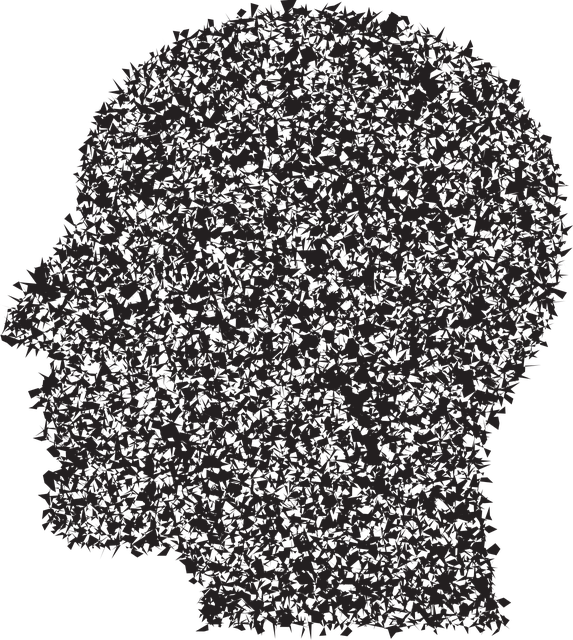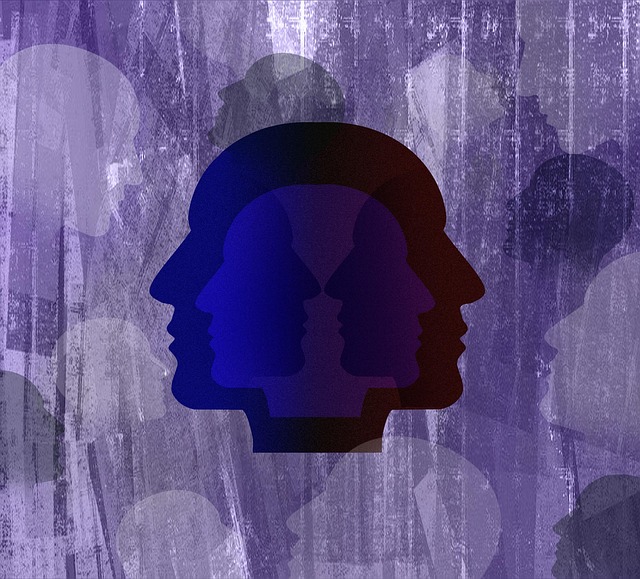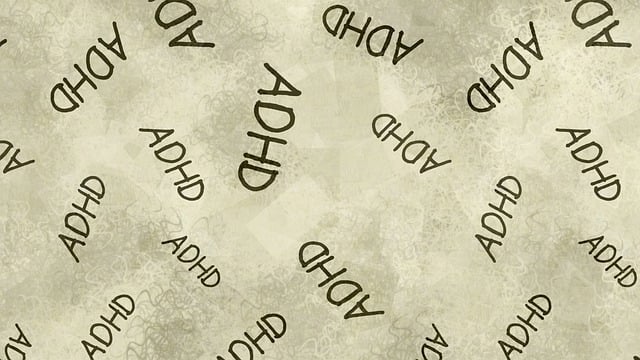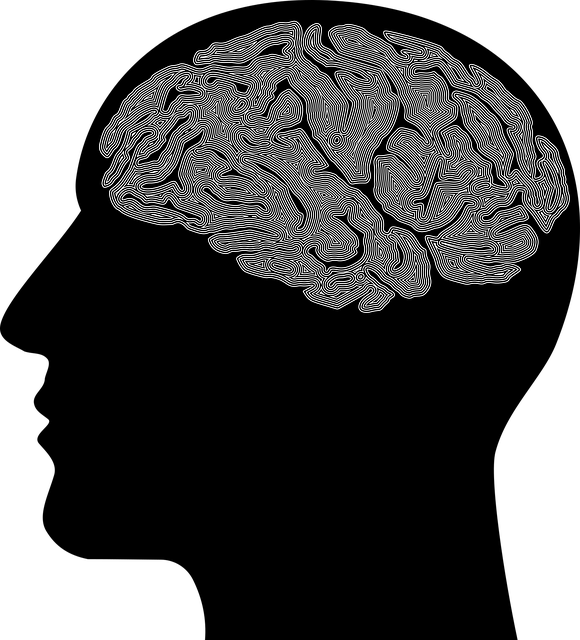In today's diverse world, cultural competency in children's therapy during major life transitions is vital. Therapists with high cultural sensitivity create inclusive environments that foster open communication and address unique emotional needs, utilizing techniques like mindfulness and mood management. Community outreach programs bridge cultural gaps, ensuring effective, respectful, and meaningful therapy for all kids, regardless of their background.
“In today’s diverse healthcare landscape, cultural competency training is no longer a luxury but an essential tool for healthcare providers. This article explores the critical role of cultural sensitivity in various aspects of healthcare delivery. We delve into understanding cultural competency as a foundational framework, examining its profound impact on children’s therapy and how it navigates major life transitions. By equipping providers with knowledge and skills, we enhance patient care, foster trust, and promote positive health outcomes.”
- Understanding Cultural Competency in Healthcare: A Necessary Framework
- The Impact of Cultural Sensitivity on Children's Therapy
- Navigating Major Life Transitions: Cultural Considerations for Providers
Understanding Cultural Competency in Healthcare: A Necessary Framework

In the realm of healthcare, cultural competency goes beyond basic understanding; it’s a necessary framework that ensures effective treatment and support for diverse patient populations. This concept revolves around the ability to recognize, appreciate, and adapt to the cultural beliefs, values, and practices of individuals from various backgrounds. Given the increasing diversity in communities, healthcare providers must be equipped to address the unique needs of patients from different ethnicities, religions, and socioeconomic statuses.
For instance, when treating children experiencing major life transitions, therapists must be culturally sensitive, tailoring their therapy approaches to respect family dynamics and community influences. Empathy building strategies and self-care practices are integral components of this competency, enabling professionals to offer quality care while maintaining a compassionate mindset. Cultural sensitivity in mental healthcare practice is key to breaking down barriers and fostering inclusive environments that promote healing and positive outcomes.
The Impact of Cultural Sensitivity on Children's Therapy

In the realm of children’s therapy, cultural sensitivity is a game-changer that can significantly impact treatment outcomes. Children, especially those navigating major life transitions, often reflect the cultural values and beliefs of their families. Therapists with high levels of cultural competency can create safe, inclusive spaces that foster open communication. This, in turn, encourages children to express their emotions, fears, and aspirations freely, enhancing the effectiveness of therapy.
Emotional intelligence, a key aspect of cultural sensitivity, enables therapists to understand and respond appropriately to the unique emotional needs of each child and their family. By integrating self-care practices that promote cultural awareness and empathy, therapists can ensure they are best equipped to handle diverse client backgrounds. Moreover, community outreach program implementation can help bridge gaps between therapy services and various cultural communities, ensuring no child is left behind due to cultural barriers.
Navigating Major Life Transitions: Cultural Considerations for Providers

Navigating Major Life Transitions is a critical aspect of cultural competency for healthcare providers. Understanding that patients, especially children, may experience significant changes such as moving to a new community, losing a loved one, or facing chronic illness requires sensitive and culturally-responsive care. Therapists play a vital role in supporting these transitions by recognizing and addressing the unique emotional and psychological needs that arise from such events. Incorporating techniques like mindfulness meditation and mood management can help boost confidence and resilience in both children and their families during challenging times.
Cultural considerations are essential when providing therapy for children experiencing major life transitions. Healthcare providers must be mindful of the diverse belief systems, values, and coping mechanisms within different communities. For instance, some cultures may emphasize collective support during difficult times, while others might prioritize individual resilience. By integrating these cultural perspectives into therapeutic practices, providers ensure that interventions are not only effective but also respectful and meaningful to the individuals they serve.
Cultural competency training is a game-changer in healthcare, especially when it comes to therapy for children and navigating major life transitions. By understanding and incorporating diverse cultural perspectives, providers can create more inclusive and effective treatment plans. This holistic approach not only enhances patient outcomes but also fosters stronger connections between caregivers and communities, ensuring every individual receives the support they need to thrive. Through continued education and awareness, healthcare providers can make a lasting impact on the lives of those they serve.













